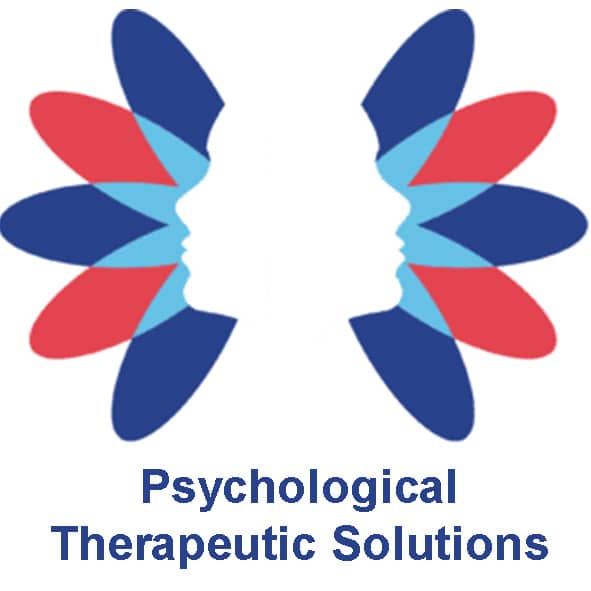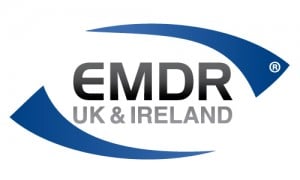Finding the Right Therapist
Finding the right therapist is an important step towards addressing your mental health needs. Here are some things to consider when looking for a therapist:
Type of Therapist:
- Psychiatrist, Psychologist, or Counsellor: Psychiatrists can prescribe medication, psychologists focus on understanding your symptoms and delivering a treatment plan in either talking therapy or trauma-focused therapy, and counsellors provide guidance and support. Choose based on your needs.
Credentials:
- Ensure the therapist is accredited and has the appropriate qualifications. Different regions have different accredited requirements, so be aware of the standards in your area. Such as:
- Psychiatrists – GMC
- Psychologists – HCPC if they aren’t on the register then they are not supposed to practice psychological therapy
- Counsellors – BACP, BABCP, UKCP are a few accredited bodies for counsellors
- Here at PTSolutions, all our Clinical Psychologists are accredited with HCPC.
Specialisation:
- Some therapists specialise in certain areas, such as anxiety, depression, trauma, or relationship issues. Look for a therapist whose expertise aligns with your concerns. If someone says they can treat every mental health condition, ask yourself how well they will deliver this treatment. Most people will specialise after they have completed their qualifications.
- Here at PTSolutions, we are all trauma trained and all our CPD is centred around understanding the neurobiological processes linked to trauma and trauma-informed therapists e.g., EMDR.
Therapeutic Approach:
- Different therapists use different approaches (e.g., cognitive-behavioural therapy, psychodynamic therapy, EMDR). Research these approaches and choose one that resonates with you.
Personal Compatibility:
- A good therapeutic relationship is crucial. Pay attention to your comfort level with the therapist. Trust your instincts—if you don’t feel a connection, it may be worth trying someone else.
Logistics:
- Consider practical aspects, such as the therapist’s location, availability, and fees. Make sure the logistics are manageable for you.
Reviews and Recommendations:
- Read reviews and seek recommendations from friends, family, or healthcare professionals.
Initial Consultation:
- Many therapists offer a free or discounted initial consultation. Use this opportunity to discuss your concerns, ask questions, and get a feel for the therapist’s style.
Cost and Insurance:
- Understand the therapist’s fees and whether they accept your insurance. Check if mental health services are covered by your insurance plan.
Accessibility:
- Consider how easy it is to reach the therapist’s office, especially if you have transportation limitations. Some therapists also offer online sessions.
Cultural Competence:
- If you have specific cultural or religious considerations, find a therapist who is culturally competent and respectful of your values.
Flexibility:
- Assess the therapist’s flexibility in adapting to your needs. This may include scheduling, session length, or the ability to incorporate alternative methods.
Remember that finding the right therapist may take some time, and it’s okay to try out a few before settling on the one who feels like the best fit for you. Trust is essential in the therapeutic process, so take the time to build a relationship with your chosen therapist.
















